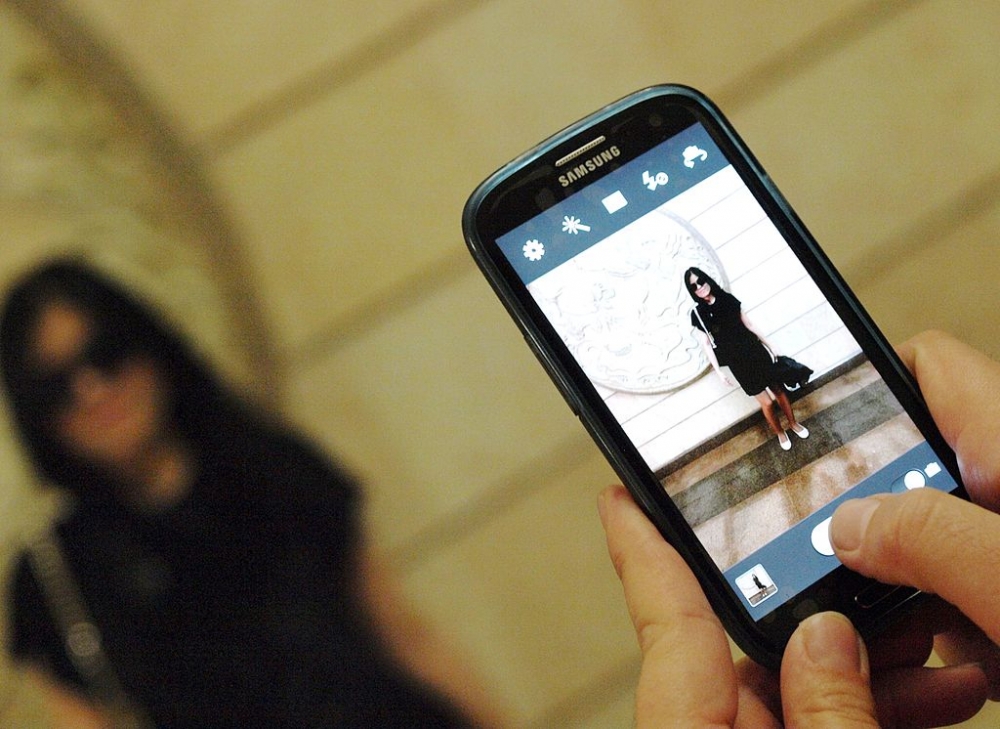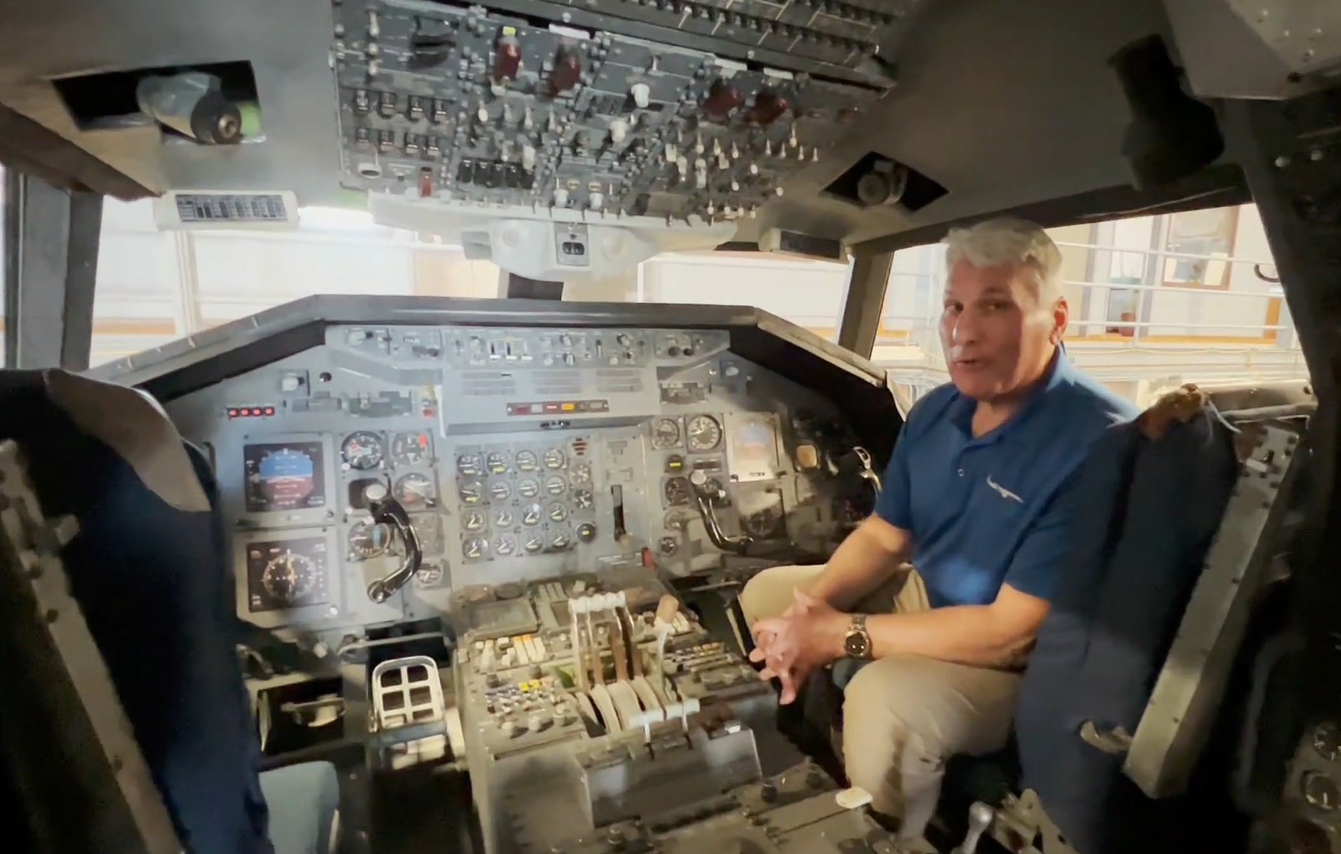Maps and machine learning as Virgin app muscles up
27 September, 2018
3 min read
By joining our newsletter, you agree to our Privacy Policy


Virgin Australia is boosting its app with airport maps and the ability to share flight information with family and friends as it looks to develop software that can anticipate travelers' needs.
Group executive Rob Sharp also revealed Thursday that Virgin was working with partner airlines to produce an integrated app that would work across carriers by next year.
Sharp said Virgin was making an extensive investment in its app-based approach because guests felt empowered by the programs, wanted direct control over their bookings and had higher expectations about notifications and travel updates.
He said the Australian carrier was working with partner airlines such as Singapore Airlines, Etihad Airways, Delta Air Lines and Hainan Airlines on the integration of mobile apps which would be available next year.
“This means that when you are on a Delta Air Lines flight in America traveling to Australia, the embedded Virgin Australia App functionality will be able to open up to enable check-in and seat selection,’’ he told the Trans-Tasman Business Circle in Sydney Thursday.
“Likewise, the Delta App will be embedded in the Virgin Australia app — right at your fingertips.’’
READ: VIrgin sings as the music dies at Qantas
In the shorter term, Virgin is adding 3D airport terminal maps and the ability to share flight information with family and friends as it increases its focus on self-service travel.
“Starting from this week, our customer-facing Virgin Australia app will have additional functionality, such as improved three-dimensional airport terminal maps," Sharp said.
“From October, guests will have the ability to share flight information with family and friends and around Christmas time, new payment options and enhanced notification alerts regarding your scheduled travel itinerary are scheduled to be available!
“Later this year, we will also be delivering airport terminal augmented reality wayfinding leveraging Augmented Reality technologies. This will make it much easier to navigate through complex airports such as LAX.”
The Virgin executive said machine learning was also being developed to simplify interaction with the airline’s apps so they could recommend the next best action to travelers.
“The future of App-based travel is that when you are almost at the airport … you will be presented with the latest gate details whilst ordering a coffee,’’ Sharp .
“Or, when you are near the gate … your boarding pass will automatically open on your App.
“Your travel experience will become even more intuitive.”
Sharp pointed to a 2017 International Air transport Association survey of 10,000 passengers across 152 countries which showed a strong preference for technologies such as digital passports, biometric identification and self-boarding gates.
“It goes without saying that the airlines who quickly adapt to the shifting dynamics of customer engagement will thrive in the modern travel market which is centered around apps, chatbots and other gadgets that further exemplify the 24/7 industry that we operate in,’’ he said.
IATA has indicated that it wants 80 percent of travelers to have the option of total self-service at airports by 2020.
Virgin has already been busy implementing self-service technology across many of its domestic terminals with work to introduce upgraded check-in kiosks and automatic bag drop es currently underway in Melbourne.
It has introduced Wi-Fi on its international Boeing 77 fleet and is activating the service across its domestic Boeing 737s.
Also in the pipeline in coming weeks is increased capability on Amazon’s voice-activated Alexa service to give passengers more information about their itinerary.
Next Article
2 min read
Qantas triples profit but misses mark

Get the latest news and updates straight to your inbox
No spam, no hassle, no fuss, just airline news direct to you.
By joining our newsletter, you agree to our Privacy Policy
Find us on social media
Comments
No comments yet, be the first to write one.
